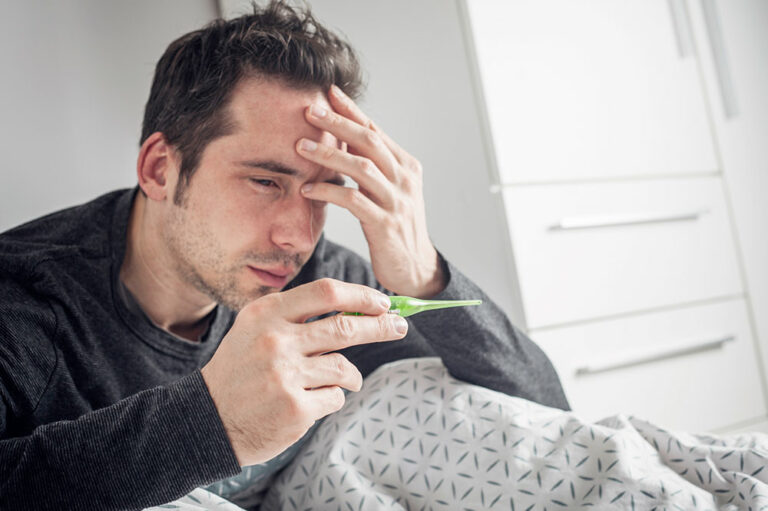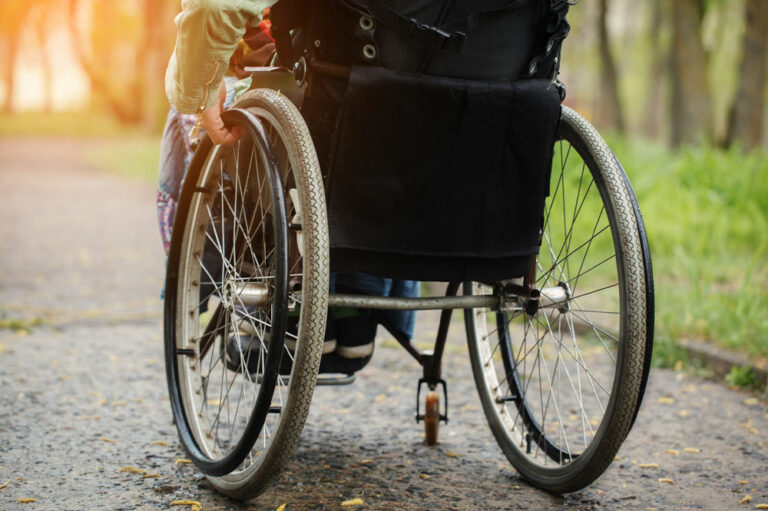
health
5 lung conditions that contribute to breathing difficulties
Are you finding it difficult to catch your breath lately? Breathing difficulty can be a significant cause for concern, and its symptoms should not be ignored. While common conditions such as asthma and COPD are widely known, several lesser-known lung conditions can also contribute to respiratory issues. In this article, we will explore five lung conditions contributing to breathing difficulties and learn the different approaches one can take to treat the condition. Lung conditions that can cause breathing difficulties Pulmonary hypertension Pulmonary hypertension refers to high blood pressure in the arteries of the lungs. This can strain the heart and cause breathing difficulties, fatigue, chest pain, and fainting spells. Pulmonary hypertension can be idiopathic or secondary to underlying conditions such as heart or lung diseases. Various treatment options may help widen the blood vessels, improve blood flow, and address the underlying cause. Chronic bronchitis Chronic bronchitis is characterized by inflammation and excessive mucus production in the airways and is often caused by long-term exposure to irritants. A persistent cough lasting at least three months in two consecutive years is the hallmark symptom of chronic bronchitis. Treatment involves bronchodilators, inhaled corticosteroids, and lifestyle modifications. Lung cancer Lung cancer is a type of cancer that originates in the lungs and can cause breathing difficulties as it progresses.














